Recap of the 63rd IT Press Tour in Amsterdam, Netherlands
With 6 organizations: CompressionX, DDP/Ardis, EuroNAS, OpenMP, Oxibox and Stackable
By Philippe Nicolas | November 6, 2025 at 2:00 pmThe 63rd edition of The IT Press Tour took place in Amsterdam a few weeks ago in September. The event constituted an effective forum through which the press group and participating organizations engaged in extensive dialogue on IT infrastructure, cloud computing, networking, cybersecurity, data management and storage, big data and analytics, as well as the overarching integration of AI in these fields. Six organizations participated in the tour, listed here in alphabetical order: CompressionX, DDP/Ardis, EuroNAS, OpenMP, Oxibox and Stackable.
CompressionX
CompressionX is a modern file compression company designed to address the rapidly growing environmental and operational challenges associated with global data storage. As data centers now consume around 3% of the world’s electricity, require massive cooling systems, and contribute significantly to CO₂ emissions, the demand for more efficient data handling has never been greater. CompressionX’s mission is to “save the planet, one file at a time” by reducing the storage footprint of digital information without compromising data integrity.
Founded in 2012, the company began with a mathematical insight that led to the development of its core compression algorithm. After years of refinement and automation, the beta product launched in 2025. CompressionX focuses on delivering a clean, intuitive user experience that eliminates the frustrations common in legacy compression tools, such as slow processing speeds, clunky interfaces, compatibility gaps, and confusing security settings. Its solution provides one-click compression and extraction, secure-by-default encryption, transparent pricing, and seamless cross-platform performance.
The technology uses an intelligent algorithm designed to analyze data and determine the optimal compression strategy in a single pass. This makes it especially effective for large or complex datasets. Key use cases include high-fidelity audio streaming, LiDAR and sensor data transmission, aviation data management, and large-scale IoT device ecosystems—all environments where efficient, fast, and secure data handling is essential.
CompressionX differentiates itself through modern architecture, sustainability as a core value, and a strong user-centric approach. The product roadmap includes multi-threaded performance boosts, customizable compression settings for professionals, automated “cold data” detection, cloud integration, and mobile/web decompression access. Pricing ranges from a free tier for individual users to enterprise solutions with advanced controls.
To reinforce its environmental mission, CompressionX partners with sustainability projects such as methane leakage prevention, seagrass ecosystem restoration, elephant anti-poaching support, and rainwater harvesting land regeneration. Overall, CompressionX positions itself as a greener, smarter, and more efficient future for data storage and transfer.
Click to enlarge
DDP – Ardis Technologies
Ardis Technologies presents its DDP shared storage solutions designed specifically for the Media & Entertainment (M&E) industry, where high bandwidth, real-time collaboration, and large unstructured video/audio files require different infrastructure than typical IT storage. The company’s core innovation is its A/V FS file system, a high-availability SAN file system built in-house to support project-based workflows, native Avid project sharing, bin locking, and folder-based access rights. Unlike standard NAS systems that rely on SMB/NFS and block-level caching, DDP uses iSCSI block I/O with file-based caching, enabling Project Caching—a key differentiator.
Project Caching allows active project data to be stored on SSD-based cache for fast access while keeping full project content on high-capacity spinning disks, giving editors “SSD performance with HDD capacity” without disruptive copying or relinking. Data can exist simultaneously in cache and on disks, enabling seamless internal data movement while projects are in use. This is critical in post-production environments where multiple editors work on the same material.
Ardis offers a wide product range: MicroDDP portable units, Hybrid DDP systems with mixed SSD/HDD packs, miniDDP all-SSD performance systems, DDP10EF NVMe-based high-throughput systems, storage expansion arrays, and Dual High-Availability DDPHead systems with redundant controllers for mission-critical workflows. Systems support Ethernet from 1GbE to 200GbE, NVMe-oF/RDMA, and Fibre Channel depending on performance needs.
Security is emphasized through on-premise workflows, controlled ingest via transfer rooms, anti-virus and checksum verification, RAID6 protection, backup strategies, and air-gapped copies – positioning DDP as safer than cloud-centric storage for sensitive media.
Overall, DDP provides scalable, high-performance shared storage purpose-built for video and film production, combining workflow speed, capacity efficiency, and strong security for studios, broadcasters, and post-production facilities.
Click to enlarge
EuroNAS
EuroNAS is a Munich-based storage and virtualization software company founded in 2005, with development and support teams across Europe. Their mission is to make enterprise storage, high availability, and virtualization both powerful and simple, eliminating complexity and vendor lock-in. They position themselves as an alternative to costly proprietary storage appliances and difficult open-source stacks, offering enterprise capabilities with a user-friendly web interface and personal support.
EuroNAS provides several product families. euroNAS Premium is a high-performance storage OS supporting SMB, NFS, iSCSI, NVMe-oF, and snapshots, used for file servers, backup repositories, media workflows, and surveillance data. euroNAS HA Cluster delivers high-availability storage via mirrored or dual-controller shared storage configurations, ensuring continuous access even during hardware failures – ideal for business-critical data, healthcare, finance, and 24/7 environments.
For scalable deployments, eEKAS is EuroNAS’s Ceph-based scale-out system, offering unified file, block, and S3 object storage with GUI-based management and horizontal scalability to tens of nodes. It is used for video archives, research, cloud services, and large imaging datasets. EuroNAS also offers eEVOS, a hyper-converged virtualization platform combining compute, storage, and backup in one solution. It supports VM management, live migration, high availability, integrated backup, Ceph-based VSAN alternative, and multi-node expansion—positioning it as a cost-effective, simpler alternative to VMware or Proxmox.
Key strengths include freedom from hardware lock-in, intuitive GUI (no Linux expertise required), enterprise reliability, integrated high availability, and direct human support from storage experts. EuroNAS sells via OEM and channel partners like Exertis Hammer and Broadberry, and continues expanding features such as multi-tenancy, S3 support across products, and enhanced virtual networking.
Overall, EuroNAS aims to deliver flexible, scalable, and affordable enterprise storage and virtualization without complexity or vendor dependency.
Click to enlarge
OpenMP
The session introduces OpenMP, an industry-standard API for parallel programming on shared-memory systems, accelerators, and heterogeneous computing architectures. Managed by the OpenMP Architecture Review Board (ARB), a non-profit organization, OpenMP provides a directive-based programming model that allows developers to express parallelism in C, C++ and Fortran while maintaining portability and high productivity. The ARB includes major hardware and software vendors who collaborate to evolve and maintain the specification, ensuring broad cross-platform support.
Originally created in 1997 to unify fragmented shared-memory programming models, OpenMP has grown significantly. Early versions focused on multi-core CPUs, but more recent releases (OpenMP 4.0 and beyond) introduced GPU and accelerator offloading, SIMD optimizations, task-based parallelism, memory hierarchy management, and support for modern C/C++ and Fortran standards. OpenMP 6.0 continues to enhance accelerator support, simplify loop transformations, and add features for asynchronous and event-driven parallelism.
OpenMP addresses major challenges in HPC, such as programming complexity on heterogeneous systems, performance portability across different architectures, memory hierarchy optimization, and support for irregular workloads. The model spans multiple levels of parallelism, from vectorization on a single core to distributed execution using hybrid models alongside MPI.
Real-world use cases include autonomous driving software optimization, COVID-19 drug discovery acceleration, quantum chemistry simulations, and turbulence modeling, demonstrating significant speedups through GPU offloading and efficient task scheduling.
Compared to other frameworks, OpenMP stands out for its simplicity, portability, and vendor support, while remaining interoperable with lower-level models such as CUDA, SYCL, MPI, and vendor-specific toolchains. Future roadmap directions include improved multi-device execution, data-flow parallelism, Python integration, and further simplification of heterogeneous programming.
Overall, OpenMP aims to make parallel computing more accessible, scalable, and efficient across CPUs, GPUs, embedded systems, and supercomputers.
Click to enlarge
Oxibox
Oxibox is a French cybersecurity company founded in 2014 that focuses on secure-by-design backup and cyber-resilience for businesses and public organizations, addressing the growing threat of ransomware. Traditional backup solutions are increasingly targeted by attackers: backups are often encrypted, deleted, or used to propagate attacks. Oxibox’s mission is to ensure every organization can restore operations quickly and safely, even during an active cyber incident.
The company’s core innovation is its R2V and UDP (Universal Data Protection) technology, which provides air-gapped, encrypted, and corruption-resistant backups automatically. By isolating backup environments at the filesystem level and applying behavioral analysis to detect abnormal write patterns, Oxibox prevents attackers from altering stored data. Backups can be restored instantly, with automatic testing and the ability to launch systems as cross-hypervisor virtual machines, enabling business continuity during recovery.
Oxibox is designed to be simple to deploy (about 30 minutes), compatible with all environments (cloud, on-prem, workstations, NAS, hyperconverged infrastructure), and cost-efficient compared to tape or immutable storage. It offers both on-prem appliances and cloud-based storage, with volume-based pricing and no license lock-in. The company has strong traction in the mid-market and public sector, with more than 6,000 customers and 4,000 public entities protected, and partnerships with Docaposte, Airbus Cyber, and major distributors such as EET.
Oxibox targets organizations between 100 and 1500 employees—often underserved by traditional backup vendors yet heavily targeted by ransomware. The solution ensures resilience across all maturity levels, forming the foundational layer of cybersecurity: protect, respond, remediate, and restart. The roadmap includes expanded international distribution, higher-performance 100 Gbps backup capabilities, deeper hypervisor support, and a full cyber-resilience platform.
Overall, Oxibox positions itself as the first backup solution specifically engineered for ransomware-era threats, ensuring that recovery is always possible—without compromise.
Click to enlarge
Stackable
Stackable is a company founded in 2020 that provides a modular, open-source and Kubernetes-native data platform designed to help organizations build and manage modern data architectures without vendor lock-in. The platform brings together a curated suite of popular, production-proven open-source data tools—such as Apache Kafka, NiFi, Spark, Trino, Druid, HBase, Superset, ZooKeeper and Hadoop—and integrates them into a unified, consistent operating model that works on-premises, in the cloud, or in hybrid environments.
Stackable’s mission is to solve the complexity that organizations face when building their own data platforms from fragmented open-source components or relying on costly, proprietary cloud services. With Stackable, customers can maintain full data sovereignty, avoid dependency on single vendors, and keep their data within European security and compliance frameworks. The platform supports standard monitoring, logging, certificate management, authentication integration (LDAP, Kerberos, OIDC), and vulnerability management with signed SBOMs and VEX advisories, ensuring supply-chain transparency and secure operations.
A key architectural principle is “Data Platform as Code”, allowing platform configurations to be defined declaratively, deployed repeatedly, and automated using GitOps workflows. Stackable provides operators that automate cluster lifecycle management, version updates, scaling, and day-2 operations across multiple environments.
The company offers multiple service models: do-it-yourself open source, paid subscriptions with support, consulting for architecture and migration, training, and fully managed deployments (including hosted versions via IONOS). Customers include public sector, financial services, manufacturing, smart cities, and GAIA-X data space initiatives, where data sharing and trust are crucial.
Overall, Stackable delivers a flexible, secure, and scalable open-source data platform that reduces complexity, increases agility, and empowers organizations to control their data infrastructure on their own terms.
Click to enlarge






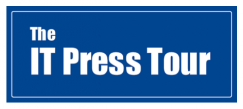
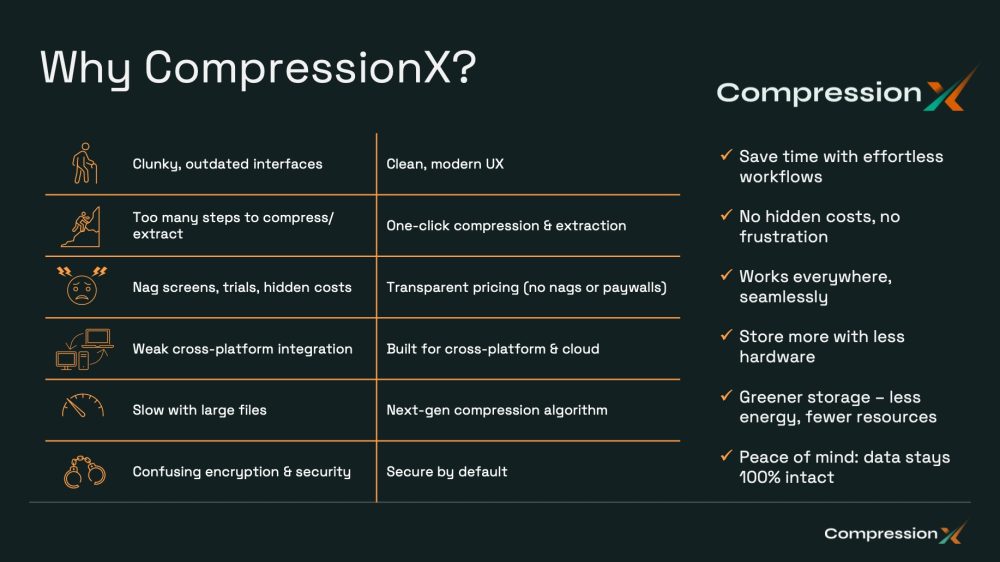
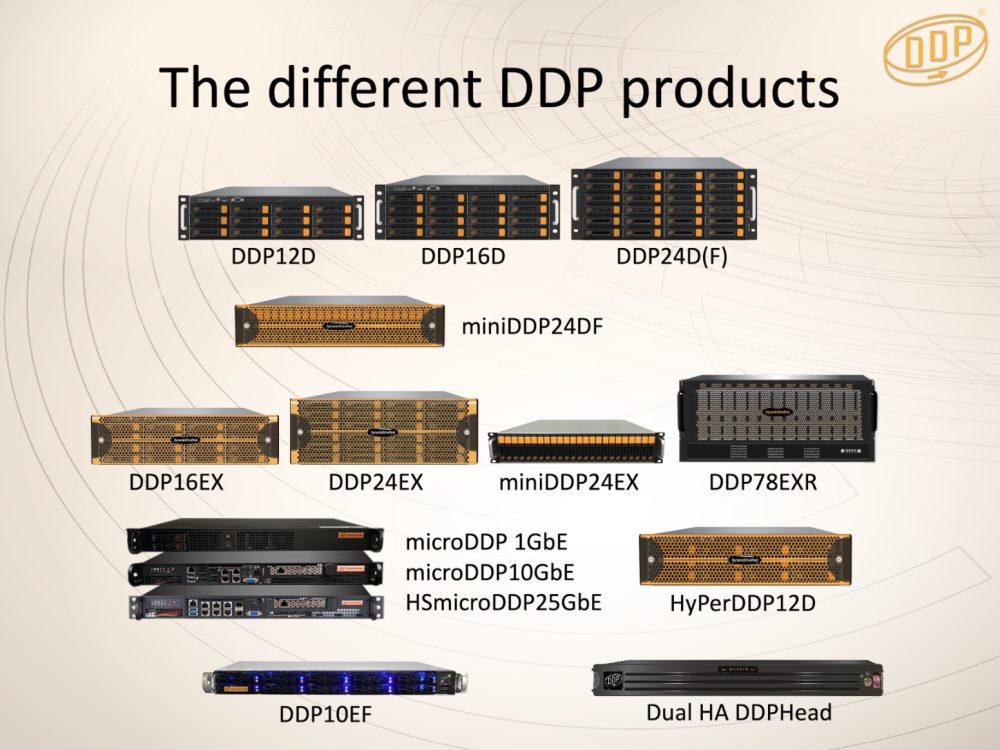
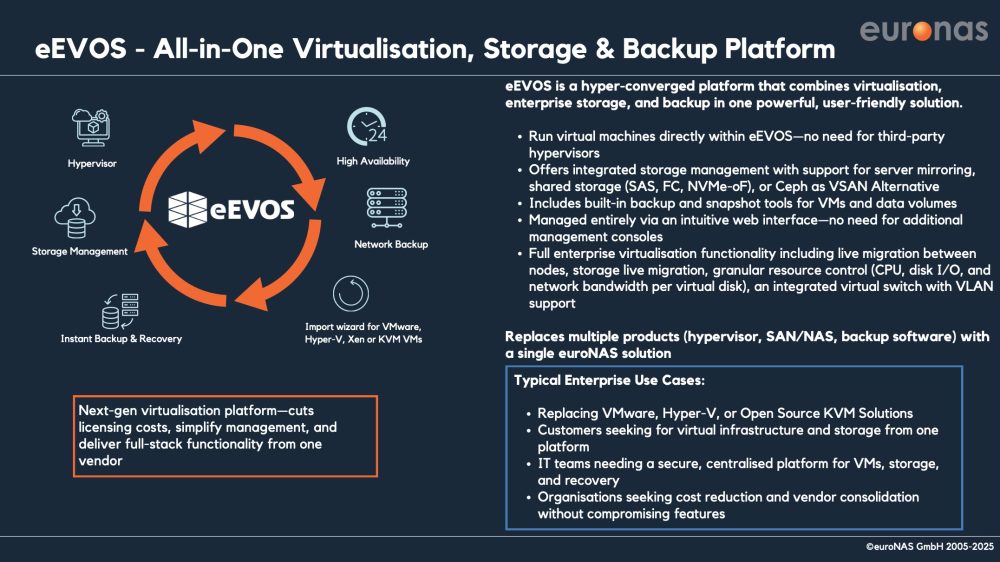
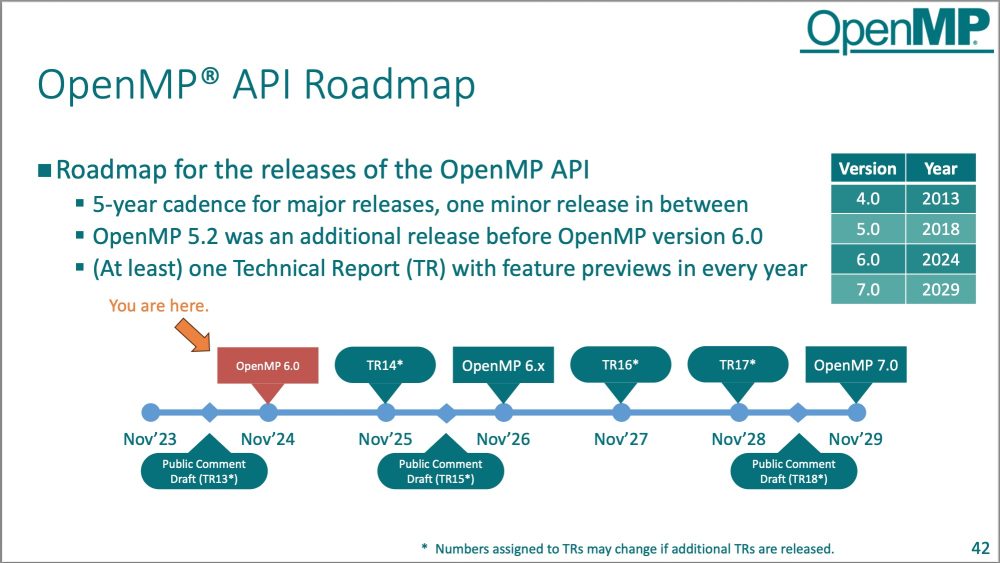
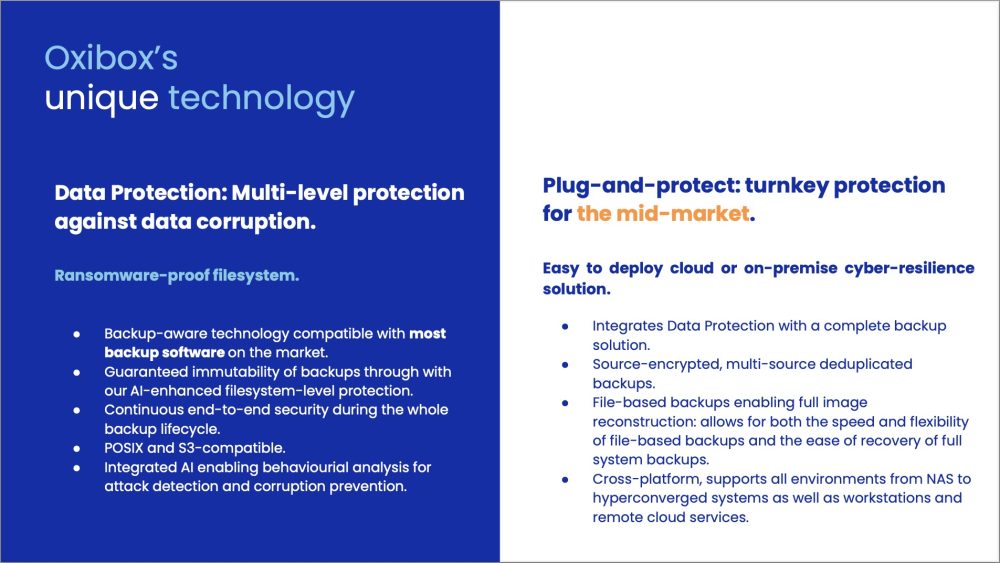
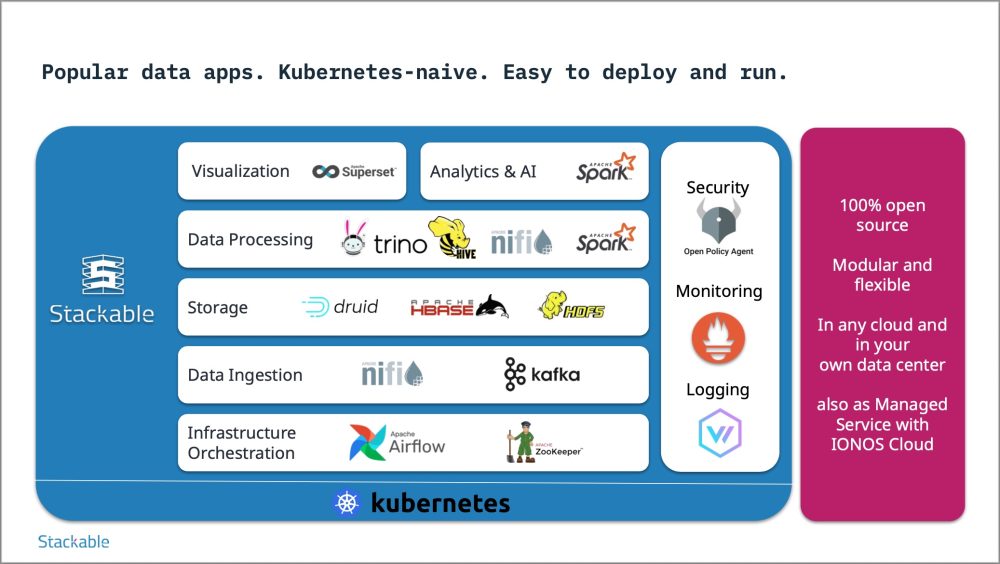



 Subscribe to our free daily newsletter
Subscribe to our free daily newsletter

